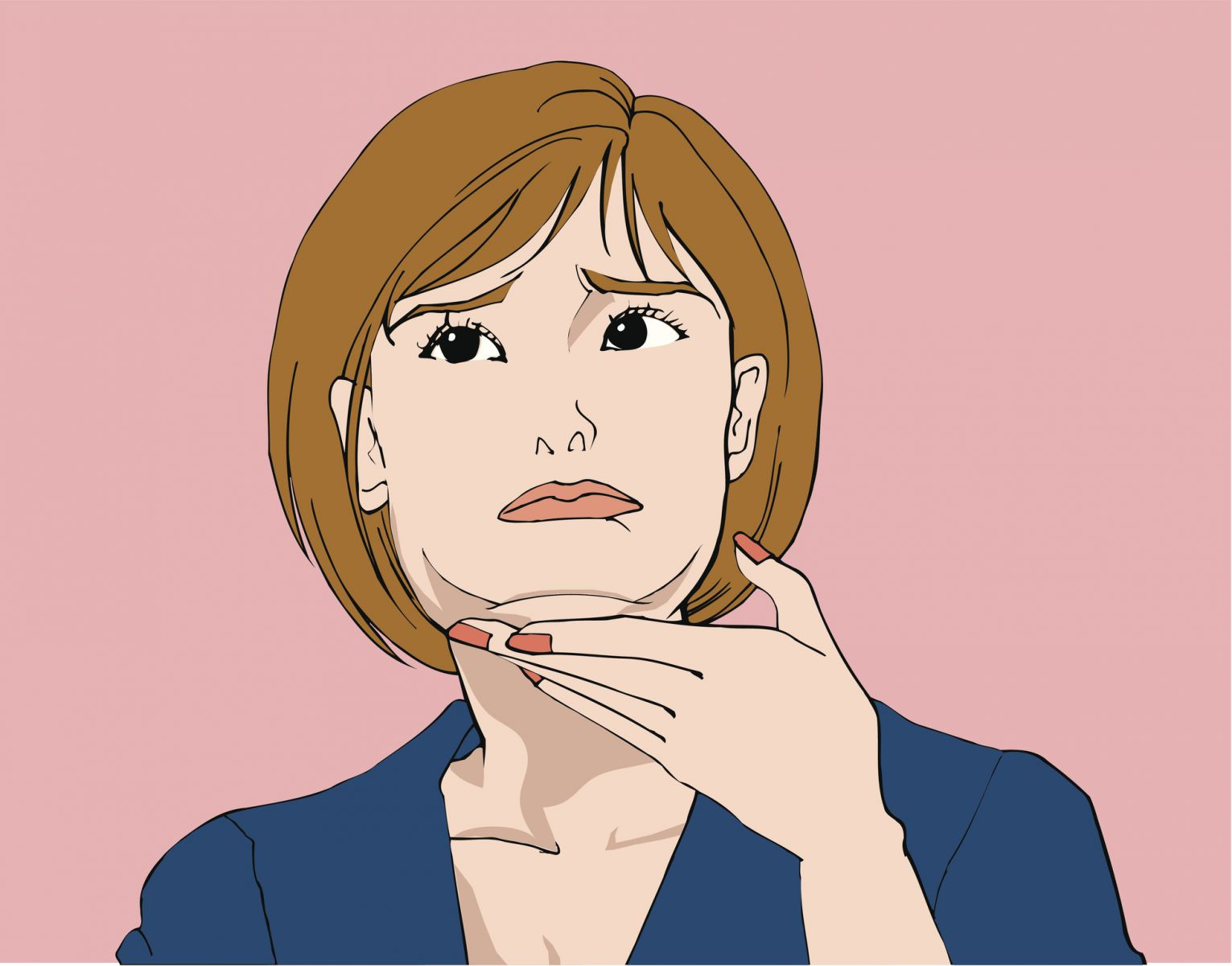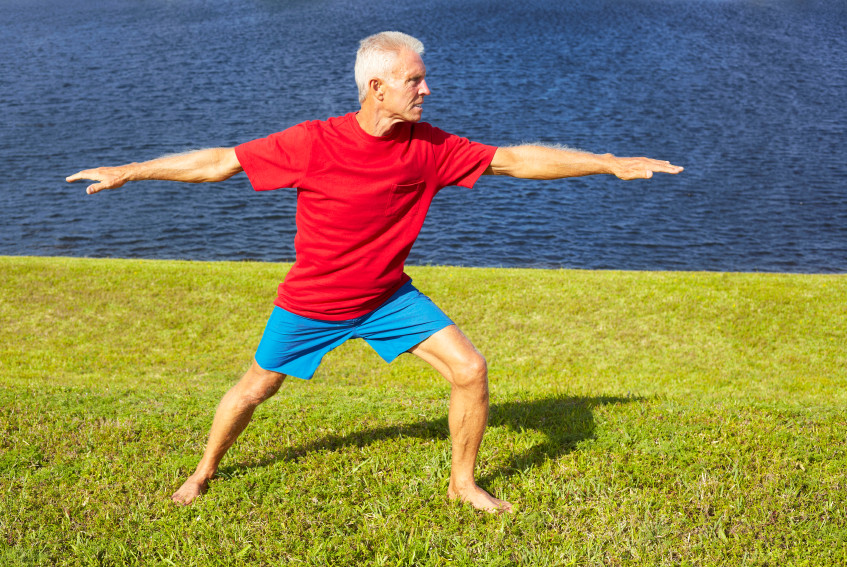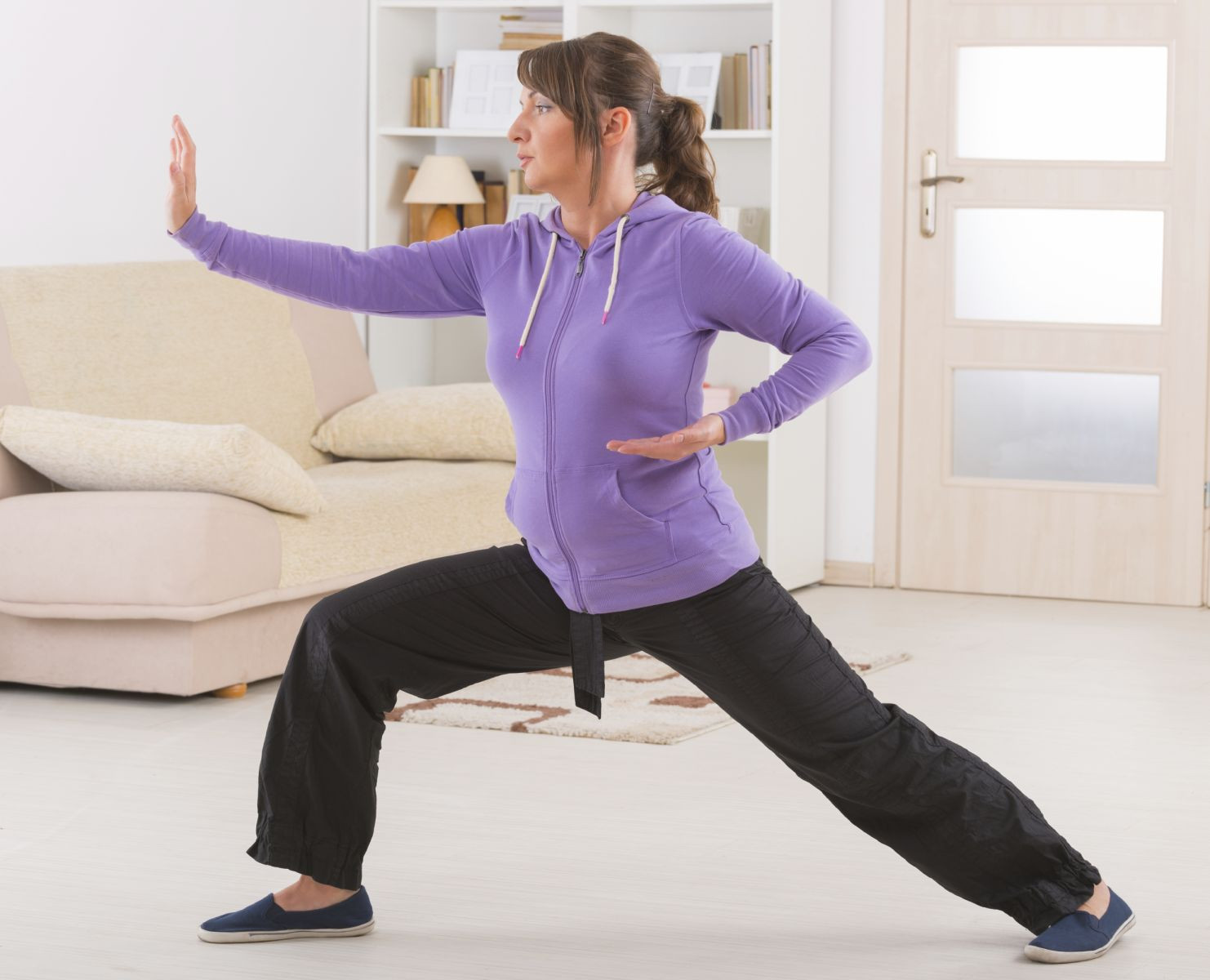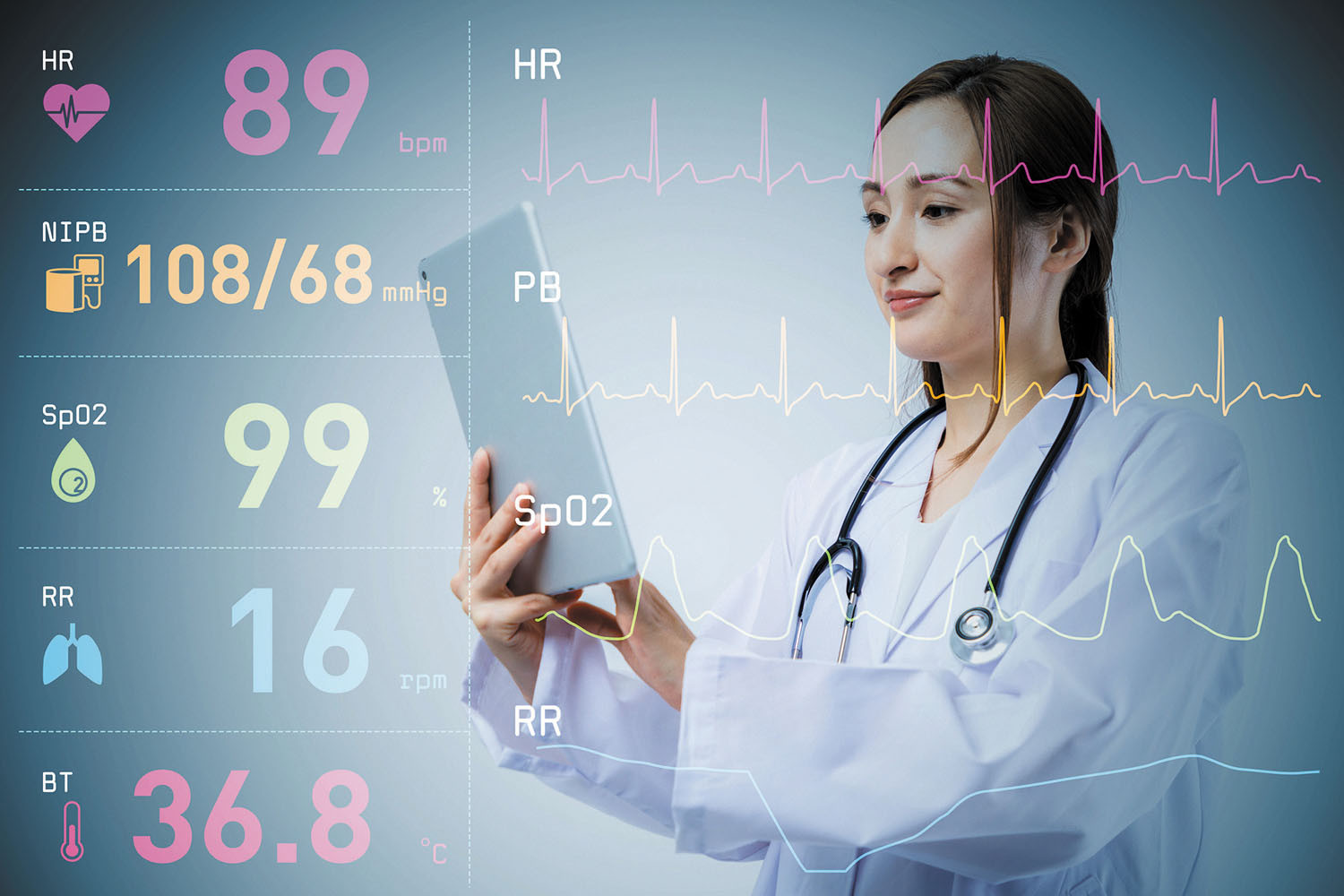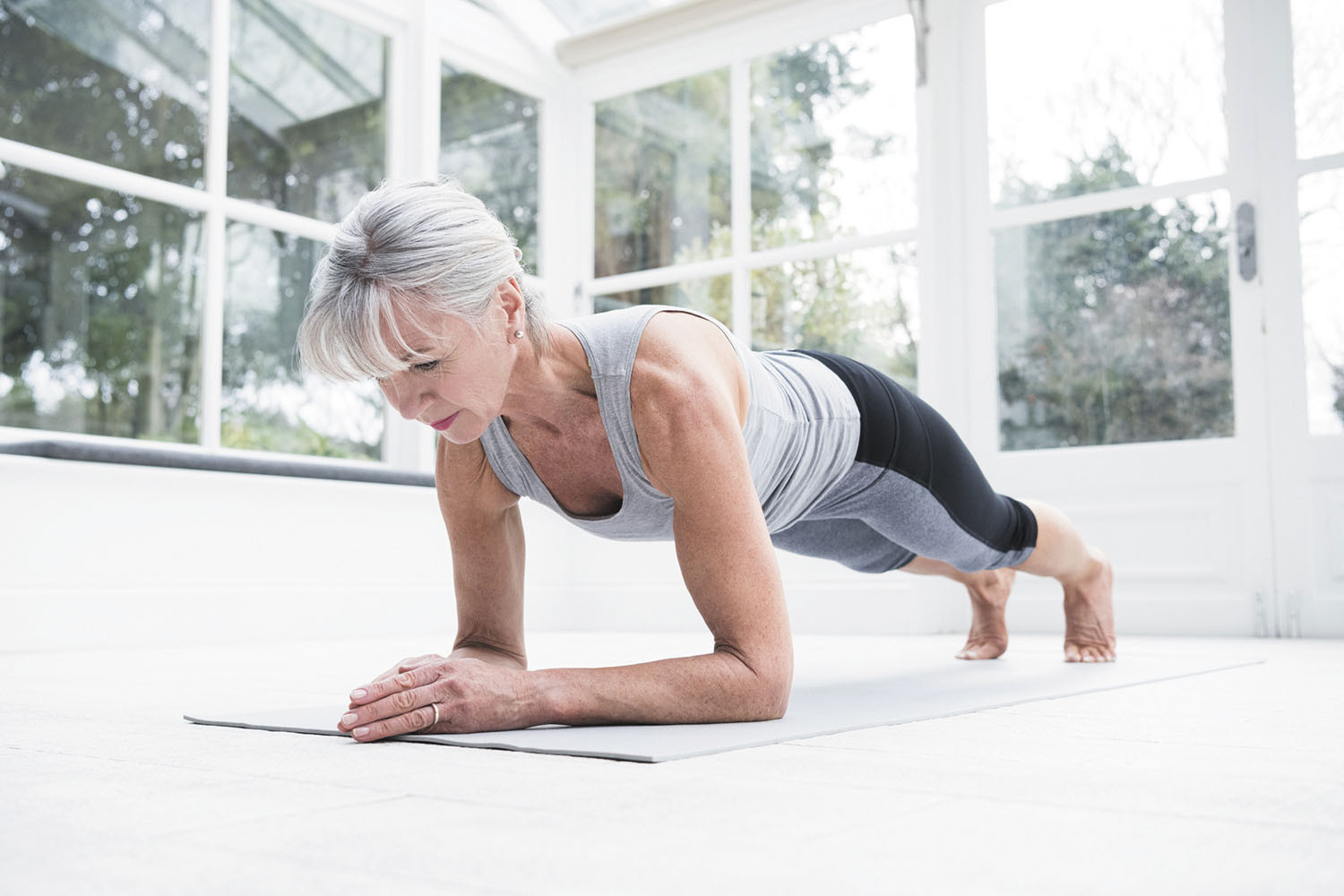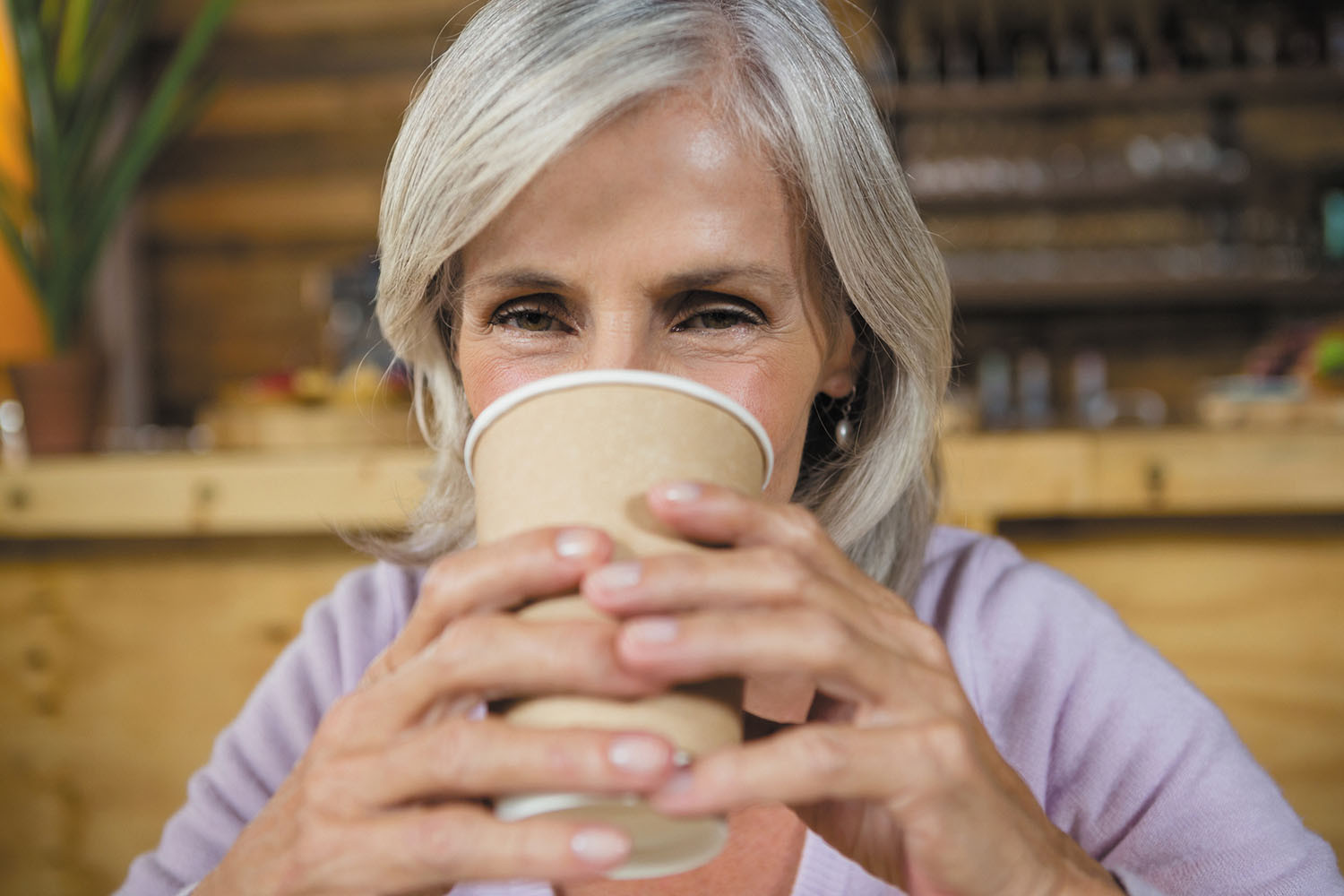
Nutritional yeast: Does this savory, vegan seasoning pack a nutritional punch?

Salmonella is sneaky: Watch out

Two jobs may lower the odds of dying from Alzheimer's disease — but why?

Mastitis: What to do when your breasts are painfully inflamed

How — and why — to fit more fiber and fermented food into your meals

UTI in older women: Why postmenopausal women are susceptible to urinary tract infection, and what to do about it

Can a routine vaccine prevent dementia?

Some adults may need a measles booster shot. Who should get one and why?

Less butter, more plant oils, longer life?

Healthier planet, healthier people
Staying Healthy Archive
Articles
Cardio step workout
Harvard fitness expert Michele Stanten takes you through a simple routine that will safely elevate your heart rate to keep your fitness goals on track.
Cardio dance routine
All you need are light clothing, a good pair of shoes and a few minutes of your day and Harvard exercise expert Michele Stanten will have you on your way to meeting your fitness goals.
Fat-dissolving treatments for a double chin
Many people are bothered by double chins and try to conceal them behind turtleneck shirts and scarves. However, recent advancements have expanded the options for jowl removal beyond surgery to in-office treatments.
Cryolipolysis (Cool Mini)
This procedure, also known as "cool sculpting," treats a double chin. The clinician places a handpiece under the chin and chills fat cells there almost to the point of freezing, damaging their membranes so they are absorbed and metabolized by the body. The treatment itself takes about an hour, and results are seen over the subsequent two months. The procedure is usually effective and can be performed more than once. It can also be used to reduce love handles on the waist. The cost is approximately $1,000 per treatment.
Yoga lessens treatment-related symptoms in men with prostate cancer
Decades of research show that yoga can reduce the emotional and physical fatigue brought on by cancer treatment. In 2017, scientists reported for the first time that this is also true specifically for men undergoing treatment for prostate cancer. Men who took a yoga class twice a week during prostate cancer radiation treatment reported less fatigue, fewer sexual side effects, and better urinary functioning than men who did not.
The research team enrolled 50 men ages 53 to 85 who were diagnosed with early or advanced nonmetastatic prostate cancer. Of them, 22 were assigned to yoga classes and the rest did not participate in yoga. All the men received scheduled radiation treatments; 29 of them were also on hormonal therapy, and 19 had been treated previ-ously with surgery. The yoga and control groups were evenly balanced with respect to various cancer treatments as well as treatments for side effects.
Proper posture the tai chi way
If you're like most people, your posture could use some improvement. But how do you do that? The classic advice is to stand straight, with your head up, shoulders back, and belly in. While these are reasonable adjustments, tai chi takes a different approach that may be more effective. It aims to align the body in ways that afford safe, unstrained, and graceful postures—not the military-like, one-size-fits all, rigid stances many think of as good posture.
Instead, in tai chi, good posture centers around the principle of verticality. That means the head is centered over the torso, the torso rests over the hips, and the hips are centered over the legs and feet, your base of support. Here's how to do it.
Digital health tracking: Preventive care or privacy invasion?
24-hour health monitoring is high tech. But is it helpful?
Image: © chombosan/Getty Images
The day has arrived when doctors can remotely monitor your health every moment, if you (and they) choose. Increasing numbers of wireless digital sensors — some implanted in or on the body, some ingested, and some worn like clothing — are making the leap from patents to patients. In 2017, the FDA cleared dozens of devices for continuous health monitoring. "The hope is that people heading toward serious problems — such as high blood sugar or heart rhythm abnormalities — can be headed off at the pass," explains Dr. Anthony Komaroff, editor in chief of the Harvard Health Letter.
Not necessarily new
We've had portable gadgets that monitor health for decades. One early example is the kind of heart pacemaker that detects irregular heartbeats and shocks them back to a normal rhythm. Today we also have devices that sense and respond to many other health problems, such as Parkinson's disease tremors or pauses in breathing during sleep.
Tips to help you embrace abdominal workouts
You can strengthen your abs without feeling like you're tackling a daunting workout.
Image: © Johnny Greig/Getty Images
For some people, crunches and other abdominal muscle workouts are the last thing they'd want to do — so they don't. "Part of the perception is that it's difficult. We tend to want to avoid doing things that require effort, especially as we get older, when that's harder for us," says Lorna Brown, a physical therapist who specializes in geriatrics at Harvard-affiliated Spaulding Rehabilitation Hospital.
But skipping abdominal strengtheners can have a big effect on your mobility and independence — and not for the better.
Coffee: More links to health than harm
News briefs
Image: © Wavebreakmedia/Getty Images
Past studies have suggested that drinking coffee is associated with many health benefits, such as added longevity, lower blood pressure, less weight gain with aging, and a reduced risk of many diseases, including type 2 diabetes, liver disease, cardiovascular disease, several degenerative neurological diseases (like Parkinson's disease), and cancer. Now a massive review of more than 200 large studies, published Nov. 22, 2017, in The BMJ, backs up many of those links. The largest health benefits were associated with drinking three to four cups of coffee per day: drinking more than four cups per day did not bring additional benefits. It's not all good news, however; the study found that women who drank coffee had greater risks for fracture and pregnancy complications. But over all, the researchers say, coffee drinking appears to be safe. They caution that the findings are all based on observational studies, not randomized controlled trials — the gold standard of research.
Simple fixes can make driving safer
News briefs
Driving becomes challenging when you get older. Age-related health changes can make it hard to see at night, grip a steering wheel, or step on the brake at a moment's notice. Simple car tools, such as steering wheel covers that make the wheel easier to grip, can help. But research released in December 2017 from the AAA Foundation for Traffic Safety suggests that most older drivers aren't taking advantage of such tools. Between 2015 and 2017, researchers asked about 3,000 older adults (ages 65 to 79) about their use of adaptive vehicle tools. About 9% of respondents said they had at least one such tool. Researchers also asked older drivers if their vehicles had factory-installed safety features, such as technology that alerts you to danger when you are about to change lanes. Fifty-seven percent said they had at least one of these technologies, but only 43% of that group reported using them.
Even if your vehicle isn't equipped with high-tech safety features, adaptive vehicle tools can make driving safer, say researchers. If you're having trouble seeing over the dash, a seat cushion will give you a little height. There are also gadgets to bring pedals closer to you, put dashboard buttons on the steering wheel, and provide support for aching backs or arms. An occupational therapist can help determine which tools might help you, where to get them, and how to have them installed by a trained technician.

Nutritional yeast: Does this savory, vegan seasoning pack a nutritional punch?

Salmonella is sneaky: Watch out

Two jobs may lower the odds of dying from Alzheimer's disease — but why?

Mastitis: What to do when your breasts are painfully inflamed

How — and why — to fit more fiber and fermented food into your meals

UTI in older women: Why postmenopausal women are susceptible to urinary tract infection, and what to do about it

Can a routine vaccine prevent dementia?

Some adults may need a measles booster shot. Who should get one and why?

Less butter, more plant oils, longer life?

Healthier planet, healthier people
Free Healthbeat Signup
Get the latest in health news delivered to your inbox!
Sign Up

